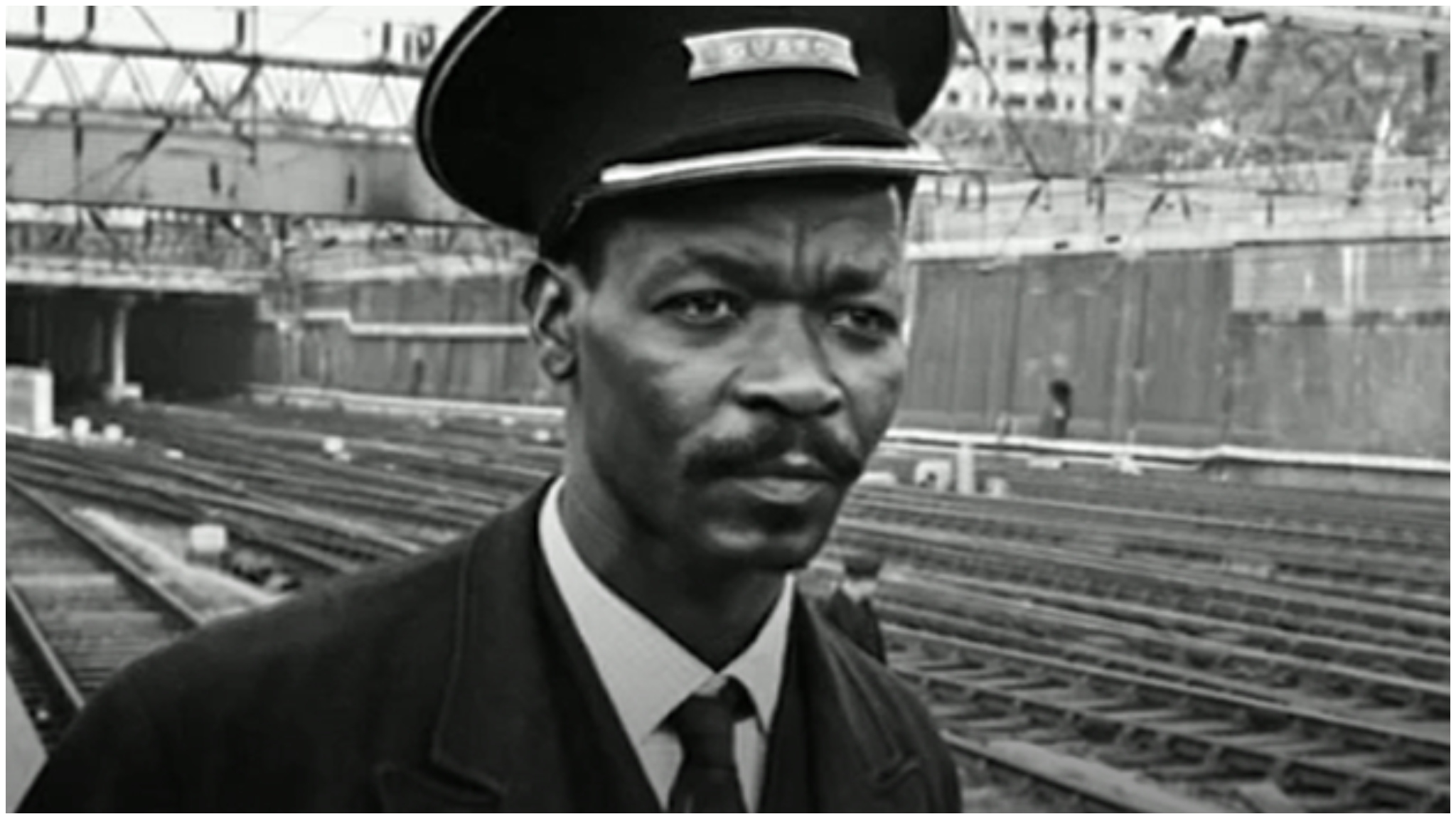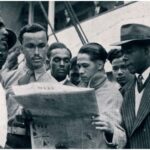Asquith Xavier made history in 1966 by breaking down racist hiring barriers at London’s Euston railway station. The brave train guard challenged and overturned a whites-only recruitment policy. His groundbreaking fight led to the end of color bars at London stations.
Despite this remarkable achievement, Xavier’s family says his story remains largely untold in British history lessons. His granddaughter Camealia Xavier-Chihota believes he deserves wider recognition. She notes his story has been “omitted from the National Curriculum.”
Civil Rights Pioneer Who Changed British Railways
Xavier worked as a guard at Marylebone Station before applying for a promotion at Euston in 1966. The position at Euston paid an extra £10 weekly. However, he discovered Euston operated under a whites-only hiring policy enforced by local unions and management.
Rather than accept this discrimination, Xavier demanded change. His challenge reached Parliament and caught the attention of Transport Secretary Barbara Castle. As a direct result of his actions, British Railways announced on July 15, 1966, that color bars at London stations would end.
Facing Death Threats While Fighting for Equality
Xavier’s victory came at great personal cost. After securing the position, he received hate mail and death threats. The situation became so dangerous that he sometimes worked with police protection. His determination never wavered despite these threats.
“I feel an overwhelming sense of pride when I speak about him, but it’s bittersweet,” said his granddaughter. “The years of stress and strain, the abuse he got from the public, it all had a detrimental effect on his health.” These challenges highlight the price paid by early equality pioneers.
Windrush Generation Member Who Transformed Workplace Rights
Xavier arrived in England from Dominica after World War Two as part of the Windrush generation. Like many Caribbean immigrants, he sought better opportunities in Britain. His fight against discrimination reflected the broader struggles of this generation.
His granddaughter explained his motivation clearly: “He believed that black people’s lives mattered equally. He wanted equal opportunities and a quality of life.” This simple yet powerful belief drove him to challenge systemic racism in employment.
Britain’s Rosa Parks: Forgotten Civil Rights Hero
Some have compared Xavier to American civil rights icon Rosa Parks. Both refused to accept discriminatory practices and sparked significant changes. Yet while Parks became internationally famous, Xavier remains relatively unknown.
“He’s compared to Rosa Parks, but no one really knows about him,” his granddaughter noted. This comparison underscores how certain civil rights stories receive attention while others fade from public memory. Xavier’s story particularly resonates during current conversations about racial equality.
Legacy Lives On Through Family and Commemorations
Xavier passed away in 1980, but his legacy continues through his family and occasional commemorations. His granddaughter believes his example remains relevant today. “He’s such a positive example, and one we really need at the moment,” she emphasized.
The centenary of Xavier’s birth on July 18, 2020 offered an opportunity to revisit his contributions. His family hopes increased awareness might finally secure him proper recognition. They particularly wish residents of Chatham, Kent, where Xavier lived, would learn about their local hero.
Peaceful Protest That Changed British Employment Law
Xavier’s approach to fighting discrimination demonstrates the power of determined peaceful protest. “He is a positive example of how the pen is mightier than the sword,” his granddaughter stated. His legal challenge succeeded without resorting to violence.
The case established an important precedent for equal employment rights in Britain. By directly challenging institutional racism, Xavier helped reshape British employment practices. His victory opened doors for future generations of black British workers across various industries.
Teaching Asquith Xavier’s Story for Future Generations
Xavier’s family believes his story offers valuable lessons for today’s youth. They advocate for its inclusion in British history education. Currently, many students graduate without learning about this pivotal civil rights moment.
“I don’t think people in Chatham know about him,” Xavier-Chihota observed about her grandfather’s hometown. This local and national oversight represents a missed opportunity. Xavier’s story provides a powerful example of how individual courage can drive systemic change.





